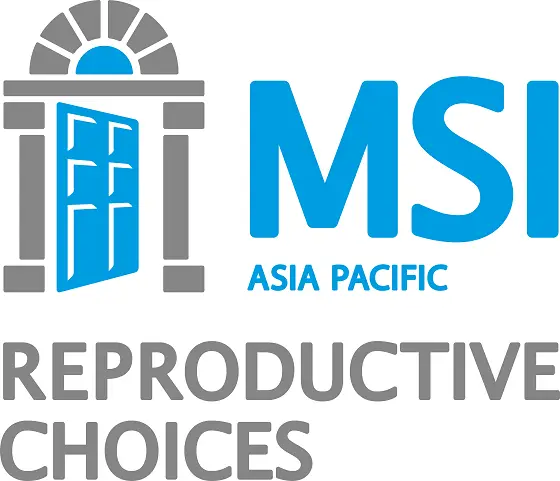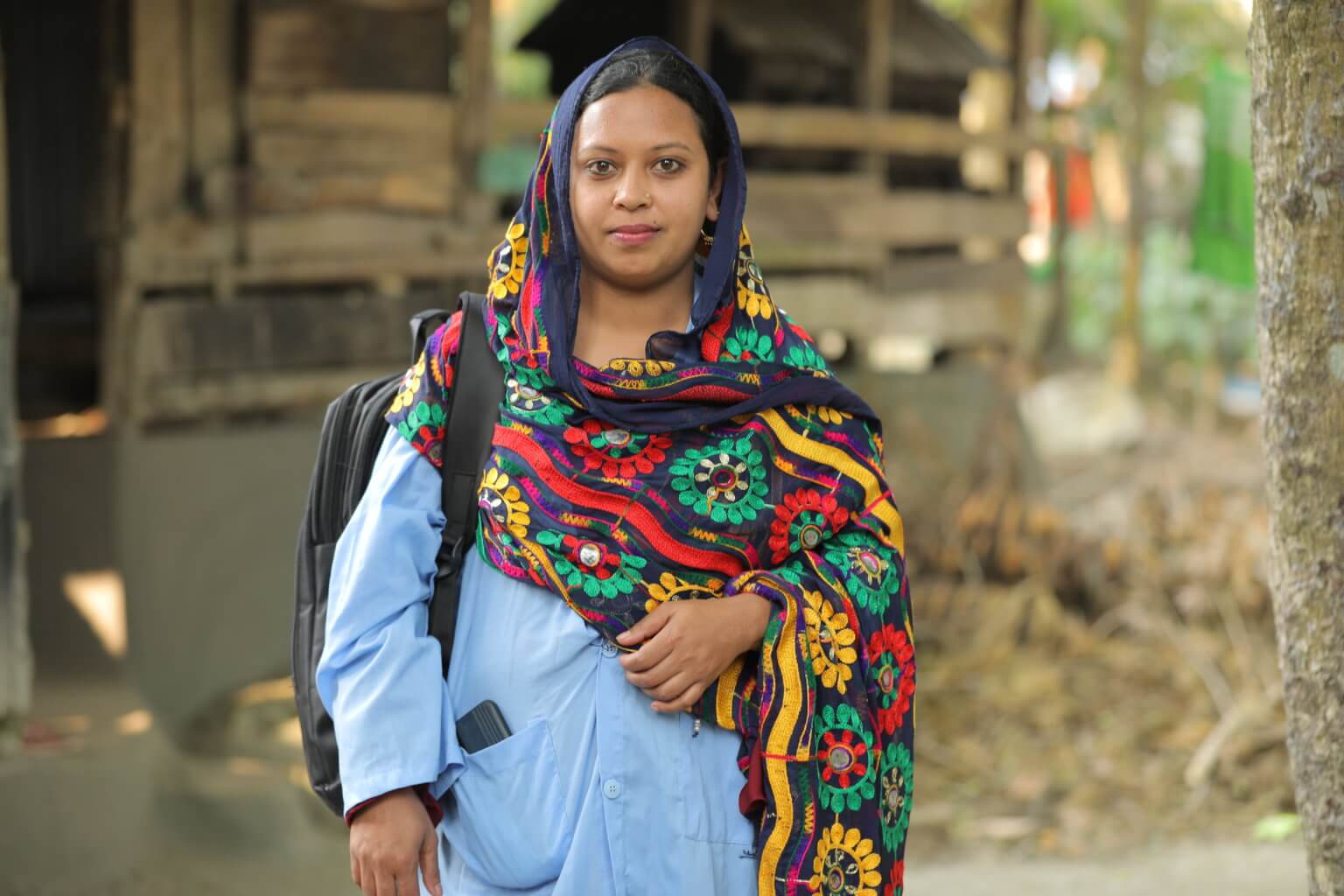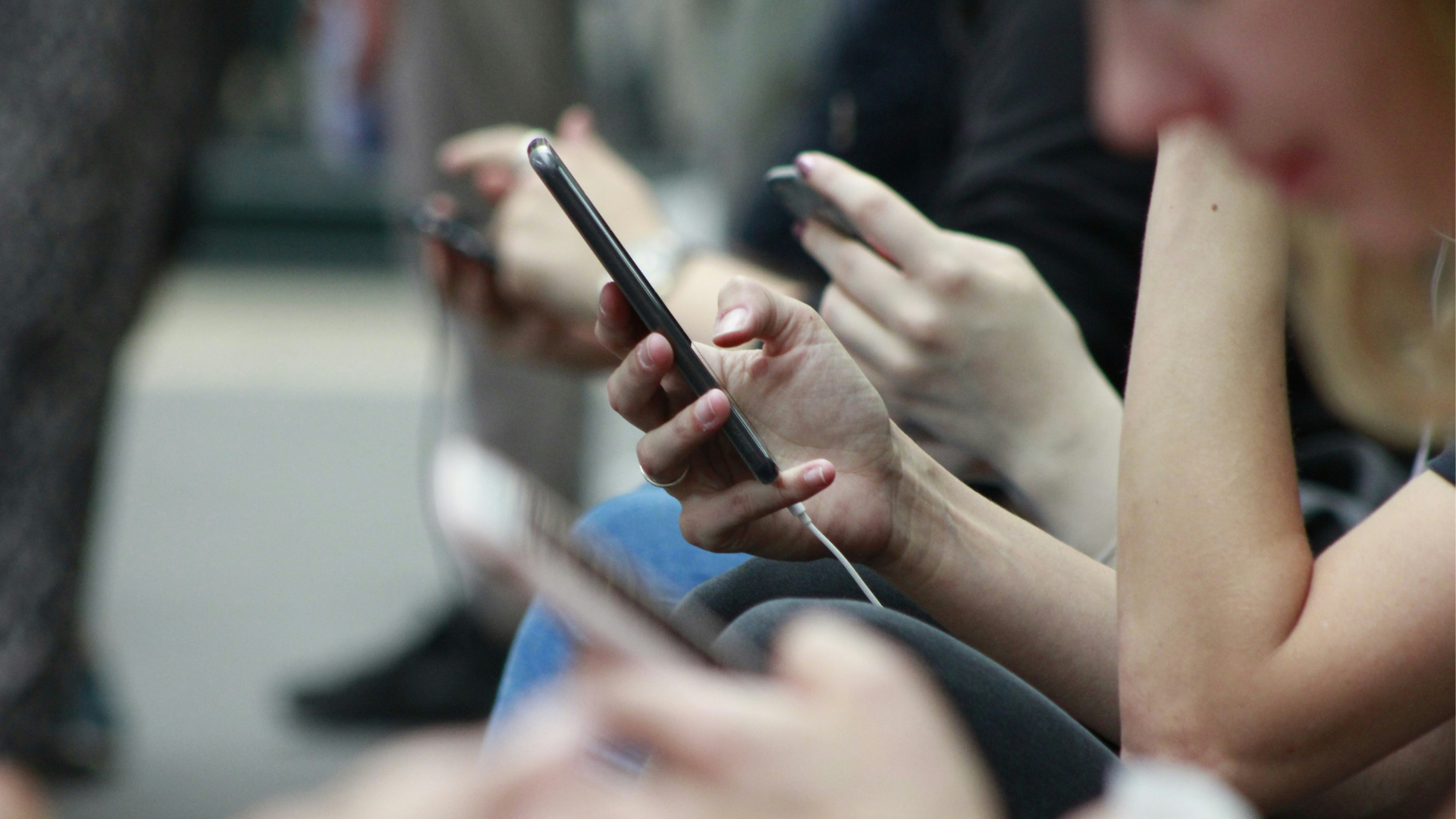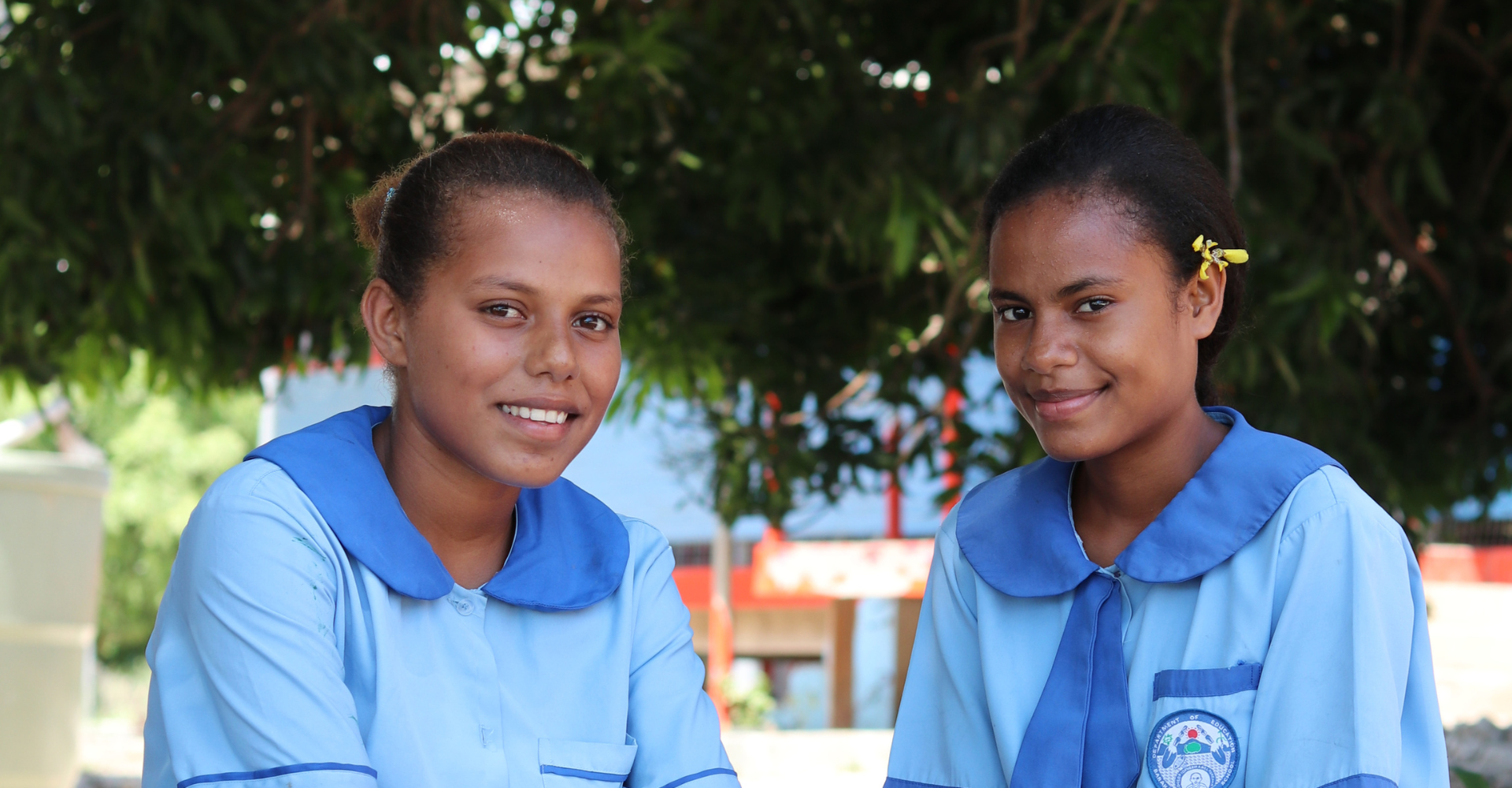Coastal communities in Bangladesh were already reeling from COVID-19 when Cyclone Amphan struck. The devastating storm collapsed embankments, destroyed homes, and damaged roads and bridges. At least 20 people were killed and many were left homeless.
These disasters created urgent new challenges for women and girls. In the immediate aftermath, many faced sexual violence in storm shelters and reduced access to reproductive healthcare. At the same time, families lost jobs and income, making it difficult to recover from the storm. “People were struggling to pull themselves out of this disaster,” explained Farhana Ahmed, Director of External Relations at MSI Bangladesh.
Bangladesh is particularly vulnerable to climate change: Flooding, cyclones, and sea level rise are already impacting coastal communities. In the wake of Cyclone Amphan, MSI worked to develop new ways to distribute reproductive healthcare products like contraception, safe delivery kits and menstrual hygiene products that would withstand frequent disruption—while also building economic resilience for women in the community.
As we mark Earth Day, their story shows the crucial role reproductive healthcare can play in building climate resilience not just in Bangladesh but in vulnerable communities around the world.
Natural disasters can seriously impact women’s health
Women and girls are uniquely vulnerable to the impacts of climate change. Research shows that gender discrimination, lower incomes and limited access to resources means that women and girls suffer longer and more severely from climate-related disasters.
Climate disruptions—such as the flooded roads and destroyed bridges left in the wake of Cyclone Amphan—can cut women off from essential sexual and reproductive healthcare. Around the world, MSI estimates that 14 million women are at risk of losing access to contraception due to climate-related disruptions over the next decade.
Sexual violence and child marriage also rise in times of natural disaster. Women staying in shelters after the storm were at risk; fearful for their daughters’ safety, some parents rushed to marry off their adolescent daughters in the hopes of reducing their risk of violence.
Empowering women to become entrepreneurs
In the wake of the cyclone, MSI Bangladesh launched a new program to recruit, train and support hundreds of local community women to sell sexual and reproductive health supplies. This immediately increased access to short-term methods of contraception for women in these communities. It also made a dramatic impact in the lives of the women trained to sell the products. “These women, who never previously ventured very much out of their houses, suddenly became the sole breadwinners of their families through this program,” Farhana said.
MSI trained the women on a variety of health topics. These included types of contraception, preventing child marriages and violence against women. To start off their business, MSI gave them initial support with 32 products and a chest of drawers to store products, scale for antenatal checkups, stethoscope and blood pressure machine for checkups, glucometer, safe delivery kits, sanitary napkins, vitamins, personal care products. They were also trained to provide referrals to qualified health facilities, earning a fee for each referral.
Once trained, the women began hosting “courtyard sessions”—meetings where they shared health information with village women and promoted their businesses. Through these meetings, they became trusted authorities in their communities. They also became key points of access for other health services through the referrals they offered. Entrepreneurs also sold their products at women’s doorsteps. “It is not possible to go to the market during this time of disaster or to even go to the market to buy these products, as the community is conservative,” Farzana, one of the women trained by MSI, explains. Abida, another member of the project, said, “During this time I struggled day and night to go to women’s homes to conduct deliveries.”
Towards greater equality and climate resilience
Initially, many of the women faced resistance launching their own businesses from their conservative communities. “Their families didn’t approve of them leaving their houses and going from door to door selling products,” Farhana explained. But the economic impacts of COVID-19 and Cyclone Amphan meant that many families needed the money. Once families saw how valued this project made women in the community, they were convinced.
“Through this project these women actually found their self-worth,” Farhana said. “In a marginalized community, women fall very low on the ladder. Their decisions are not taken seriously. So having them contribute economically in their families and having them contribute by providing information to the society elevated their status.”
For Rozina Akter (pictured above), the transformation was profound. Before starting to work with MSI, she was living in poverty. She struggled to make ends meet and care for her one-year-old son. Now, she’s the breadwinner for her family, and she’s using her earnings to continue her education.
With additional household income, families will be better able to recover from climate-related disasters. Women in their villages also benefit from increased access to healthcare and health information, even in times of crisis. As we look for ways to increase climate resilience, MSI Bangladesh’s experience shows that empowering women is an excellent place to start, with benefits for entire communities.




